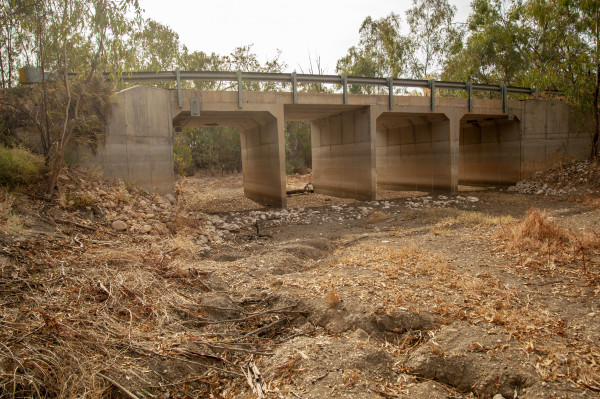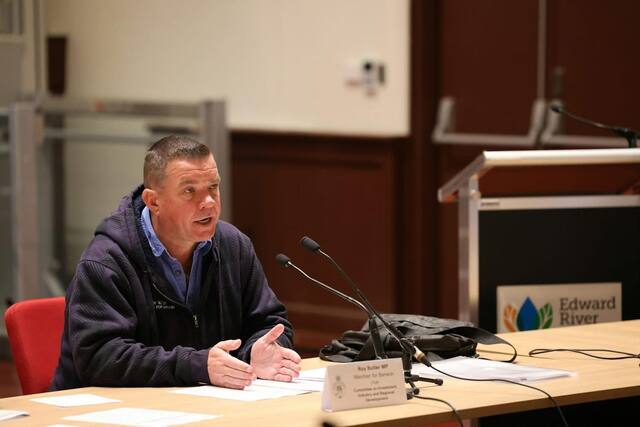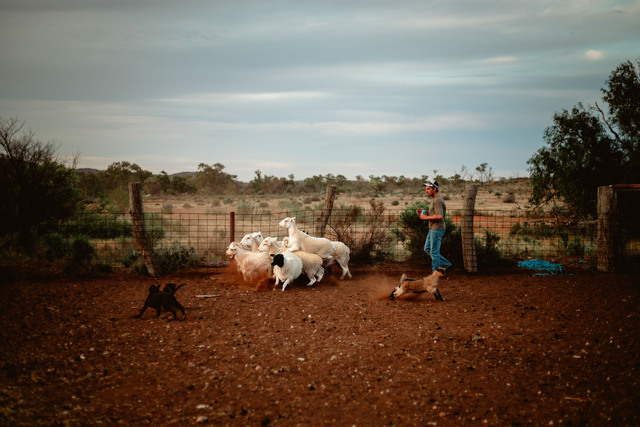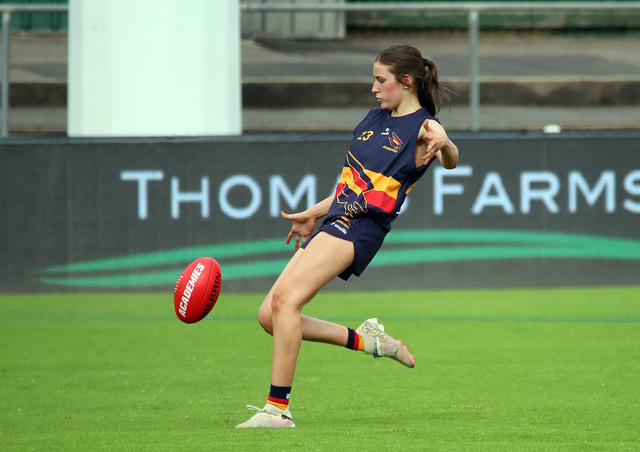HEALTHY rivers are essential to the long-term sustainability of inland New South Wales, according to a recently released report.
Titled The Lifeblood of Inland NSW: The Socio-Economic and Cultural Importance of Healthy Rivers, the report paints a picture of a failing river system that’s pushing ecosystems to collapse and driving people from the land.
“The degradation of the Darling/Baaka River and its tributaries due to excessive water extraction has had severe socio-economic and cultural consequences,” the report said.
“Case studies demonstrate the direct impact of poor water management on farmers, Indigenous communities, and regional towns.”
The Nature Conservation Council of NSW, or NCC NSW, launched the report that claims deep cultural, social, and economic tolls of poor water management in the Murray-Darling Basin.
Water campaigner for NCC NSW, Mel Gray, said the Darling-Baaka and its tributaries are more than rivers — they are the arteries of inland life.
“This report shows what many of us already know in our bones; when the rivers die, communities die with them,” she said. “And right now, they’re both in crisis.”
The report features case studies from across the northern basin that highlight the claimed human cost of water mismanagement including graziers forced to abandon parts of their properties, families watching their livelihoods dry up, and First Nations peoples denied access to water and connections to Country.
NCC NSW CEO Jacqui Mumford said the report strengthened the urgent case for implementing the recommendations of the NSW Connectivity Expert Panel, which call for the restoration of natural base flows and seasonal pulses through the river system.
“We can’t continue with a system that puts upstream extraction and political convenience ahead of people, Country and ecological survival,” Ms Mumford said.
“This report is a call to act before it’s too late.”
Ms Mumford said as a conservation organisation, they have a focus on environmental impacts and affected communities.
“I think what was coming through in our conversations with people along the Darling/Baaka was the impacts on people and socio-economic impacts,” she said.
“We really wanted to shine on the socio-economic impacts of mismanagement of the river but also there’s a really big opportunity to turn things around at the moment, so the timing is also to do with the recommendations from an expert report from a panel commissioned by the New South Wales Government.
“We also wanted to time it to show the government what the impact of a lack of connectivity can contribute towards.
“We want to encourage them to implement the recommendations from the New South Wales connectivity expert report.”
She said the lack of connectivity throughout the river systems was detrimental.
“The impacts are very widespread and detrimental so there are definitely people who are willing to come forward and talk about the impacts on them and their community due to a lack of connectivity along the river.”
Ms Mumford said the changes in the environment were obvious to see.
“The number of fish kills that we’ve had in Menindee just in the last sort of five years is an awful indicator of the health of the river,” she said.
“The report that we put out paints the decline for communities along the along the river as we see a lack of connectivity in a lack of water in the system.
“I think it’s important to reiterate that there is an opportunity at the moment inside government to turn around this trajectory of decline along the river and if the State Government was serious about these river communities that they would implement the recommendations from the connectivity expert panel.”
The key recommendations in the report include fully implementing the NSW Connectivity Expert Panel’s recommendations to restore environmental flows, recognising and enshrining Indigenous water rights and cultural flows and investing in a just regional transition, including regenerative land management and community resilience.







